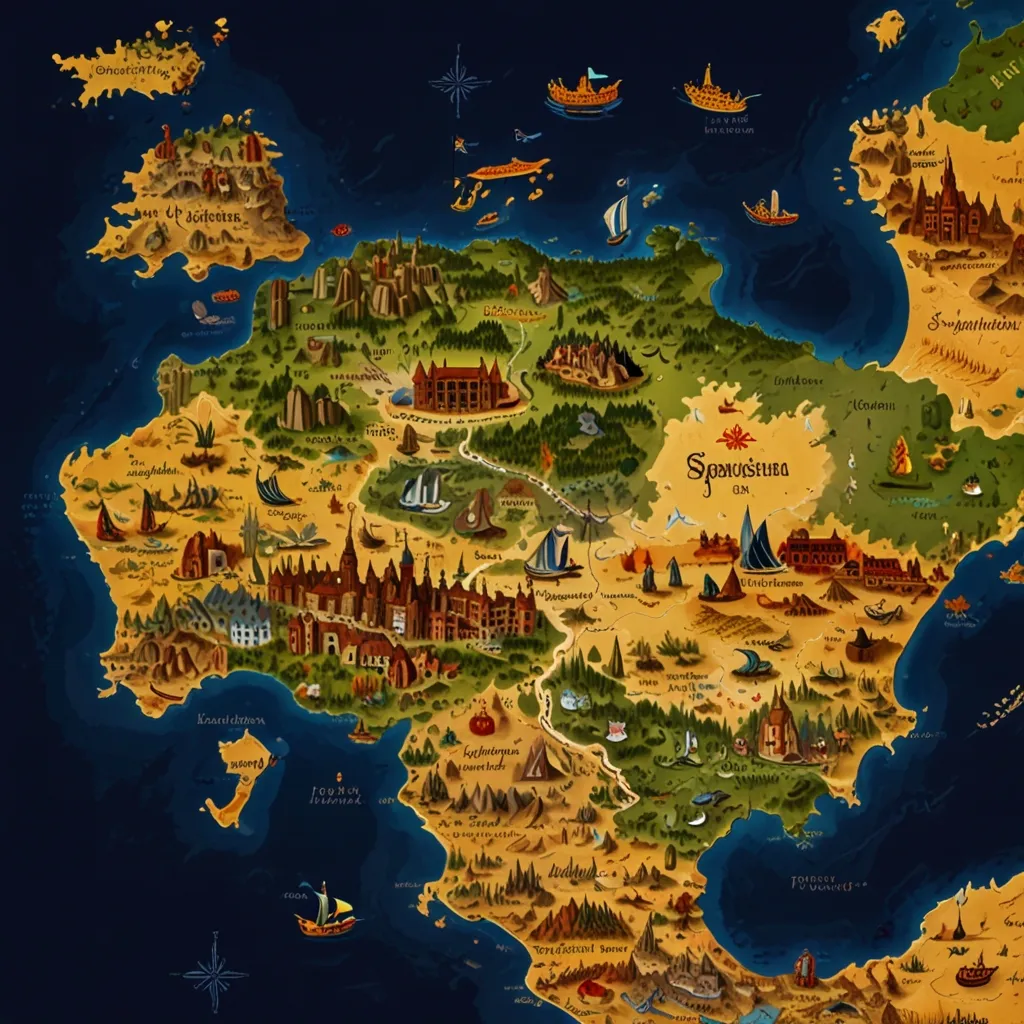Ever wondered why certain things are just a part of everyday American life? Like, why is milk always on the lunch tray in school cafeterias? Well, it’s not just because it’s considered nutritious. The truth is, there’s a whole lot of behind-the-scenes action that shapes these everyday realities, involving something that might surprise you: lobbying.
Now, let’s talk numbers. In 2023 alone, a staggering $4.2 billion was poured into lobbying in the US. Yep, that’s billion with a ‘B’. Lobbying isn’t just a small-time thing; it plays a massive role in shaping US policies and getting laws passed. This isn’t just a recent thing either, it’s been part of the system for decades, molding much of what we think of as everyday life.
Take the iconic American school lunch, for instance: milk has been a staple since the 1940s. This wasn’t purely a decision based on health benefits. Even though cow’s milk has been heavily marketed as good for kids, it turns out it might not be that great. Loads of American kids are lactose intolerant, and some studies even suggest milk could increase the risk of cancer, diabetes, and obesity. So why is it still on school menus? The simple answer: lobbying. Dairy industry lobbyists made sure it stayed there.
You might be wondering how big businesses manage to have such a huge influence over policies and why it even remains legal. The key lies in understanding the subtle difference between bribery and lobbying. Bribery is pretty straightforward – it’s about directly buying power for specific outcomes. On the flip side, lobbying is all about influence. A lobbyist doesn’t slip a politician an envelope stuffed with cash; instead, they work to shape laws and regulations for the benefit of their employers.
Lobbyists gather support, create studies, and even launch media campaigns to sway politicians. While they can’t directly pay politicians, they can sort of hint that donations might come the politician’s way if they play ball. It’s subtle but effective. Unlike bribery, which is targeted at achieving a specific outcome for a select few, lobbying aims to impact laws that affect everyone.
Picture this: A new piece of legislation is up for a vote. A certain company or group doesn’t like the legislation and wants it stopped. Bribery would be straight up paying a senator to vote no. Lobbying, however, would involve a coordinated effort to convince the senator that his voters would be unhappy if he supported the legislation.
Lobbying has seen a ridiculous amount of growth over the years. In the early 2000s, only four countries had formal lobbying laws. Today, that number is up to twenty-nine. Even in places where lobbying isn’t 100% legal, there are still massive lobbying efforts going on.
The US has a long history with lobbying. It’s been around since the 1790s, and the term “lobbyist” started getting thrown around in the 1830s. It wasn’t really regulated until concerns about Nazi-backed lobbies influencing politicians came up. This led to the Foreign Agents Registration Act, followed by the Lobbying Registration Act, both of which aimed to make lobbying more transparent.
Despite these regulations, shady stuff still went down. In the ’90s, a big scandal hit when the Wendle Corporation failed to disclose its lobbying activities and was found to have outright bribed politicians to land government contracts. This led to the Lobbying Disclosure Act and later the Honest Leadership and Open Government Act in 2007, which required more frequent disclosure reports from lobbyists and restricted gifts to Congress members.
Now, while many folks might believe lobbying should be outright illegal because it seems to undermine democracy, it’s not that simple. Making lobbying illegal could actually make things worse. See, lobbying isn’t just a tool for greedy corporations; it’s also a way for minority voices to be heard. Nonprofits and grassroots organizations also use lobbying to make their case to the government. So, banning lobbying altogether could silence these smaller groups.
In fact, lobbying is part of the First Amendment – the right to petition the government for redress of grievances. In modern terms, that essentially means the right to lobby. Beyond this, lobbying helps policymakers understand the myriad interests of a diverse populace. It can even serve as an educational tool for government officials.
For example, lobbyists gather concerns from the people they represent and share their expertise with politicians. This way, legislators are equipped with the knowledge they need to make informed decisions. The foundation of lobbying is built on enabling the small guys to have their voices heard. The problem, though, is that big businesses with deep pockets can outshine smaller lobby groups, leveraging their abundant resources to influence decisions more effectively.
So, what’s the bottom line here? Getting rid of lobbying isn’t really the answer because those with money and connections would still find ways to influence the law. The ones who’d suffer would be citizen groups that lack those resources. Abolishing lobbying could actually harm the little guys more than the big fish, while keeping it as is ensures that large corporations continue to win more often.
At the end of the day, lobbying is a double-edged sword. On one hand, it can push through shady laws favoring the powerful. On the other hand, it gives a platform for minority voices struggling to be heard in a vast country like the US. It’s an imperfect system, but completely axing it could make the situation even messier.
And that’s a wrap on the not-so-glamorous yet incredibly significant world of lobbying. Whether it’s school lunch milk or significant policy decisions, the art of lobbying shapes much of what we see and experience. It’s controversial, essential, and unlikely to disappear anytime soon.






